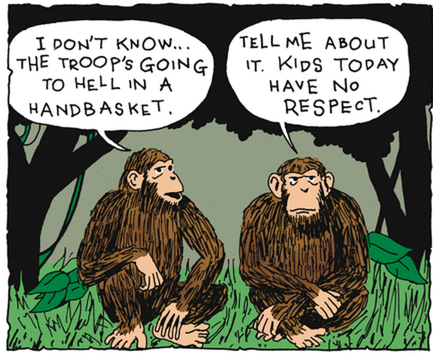Paul Jump, "Cut the Clutter", Times Higher Education:
Is there something unforgivably, infuriatingly obfuscatory about the unrestrained use of adjectives and adverbs?
In a word, no. But Mr. Jump is about to tell us, approvingly, about some "science" on the subject:
Zinsser and Twain are quoted by Adam Okulicz-Kozaryn, assistant professor of public policy at Rutgers University Camden, in support of his view that the greater the number of adjectives and adverbs in academic writing, the harder it is to read.
Okulicz-Kozaryn has published a paper in the journal Scientometrics that analyzes adjectival and adverbial density in about 1,000 papers published between 2000 and 2010 from across the disciplines.
Perhaps unsurprisingly, the paper, "Cluttered Writing: Adjectives and Adverbs in academia," finds that social science papers contain the highest density, followed by humanities and history. Natural science and mathematics contain the lowest frequency, followed by medicine and business and economics.
The difference between the social and the natural sciences is about 15 percent. "Is there a reason that a social scientist cannot write as clearly as a natural scientist?" the paper asks.
I'm not going to discuss the neurotic aversion to modification. Instead, I'm going to explore Paul Jump's apparent ignorance of the norms of scientific communication and of standard English prose, and the much more surprising parallel failures of the editors of the Springer journal Scientometrics.
Read the rest of this entry »




